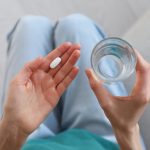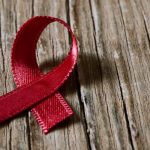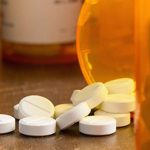
A federal appeals court on Wednesday said the abortion pill mifepristone could remain available for now. But the court’s judges added some provisions to their ruling: A block on mailing the pill to patients as well as stays on other measures the federal government has taken recently to boost access to the medication. The three-member panel partially overruled Judge Matthew Kacsmaryk’s ruling in Texas last week, which said the U.S. Food and Drug Administration’s approval of mifepristone back in 2000 was invalid. Mifepristone is typically given as the first of two drugs used during a medication abortion. The U.S. Justice Department had filed its appeal of the Texas ruling on Monday. “If allowed to take effect, the court’s order would thwart FDA’s scientific judgment and severely harm women, particularly those for whom mifepristone is a medical or practical necessity,” the appeal stated. In its preliminary ruling filed on Wednesday, the federal appeals court suggested a statute of limitations bars any legal challenge to the FDA’s approval of mifepristone. The court also seemed to consider the government’s view that removing a long-approved drug from the market would have “significant public consequences.” But it left in place parts of Kacsmaryk’s ruling that rolled back a loosening of restrictions on mifepristone by the FDA in recent years. That includes a 2016 move to allow the drug to be… read on > read on >


















